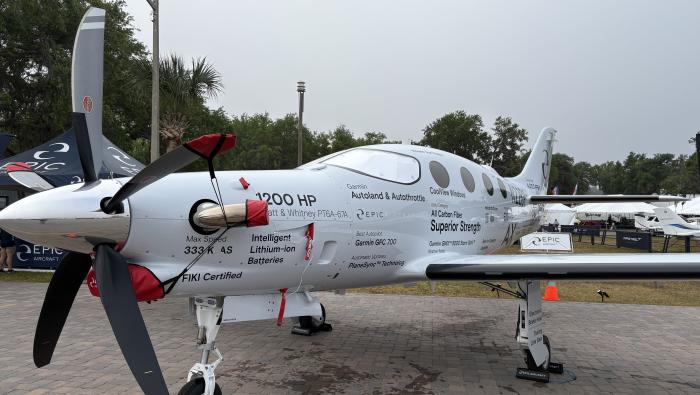Boeing stopped loading new airplane sections onto its 777 assembly line Tuesday as workers scrambled to catch up on a growing amount of unfinished work. The stoppage will not affect deliveries, according to a company spokeperson.
“Boeing is using extra time in the production schedule to focus on out-of-position work and catch up on jobs that are behind,” she said.
Tasks not completed in the assigned order typically get fixed farther down the assembly line. However, that practice can produce a cascading effect in the event of additional work delays.
The amount of unfinished—or traveled—work on the 777 line at Boeing’s plant in Everett, Washington, has grown in recent months as the company continues to implement new automation into the widebody’s fuselage assembly process. Boeing developed the automation for its new 777X airliner. To work out kinks and avoid the production delays that beset the 787, the company introduced it on the 777, which went into production in the early 1990s.
That transition has proved rockier than the company has publicly acknowledged, said several Boeing employees who work on the 777 program and agreed to speak on condition of anonymity.
“We’re about 3,000 jobs behind,” said one worker.
That is more than three times what is typical for the program, according to the workers.
Last Thursday, 777 program head Elizabeth Lund and other program executives met with small groups of shop floor workers and told them that the moving assembly line would stop for four days this week to catch up on the unfinished work. The company also has required employees to work overtime on the weekends.
Pausing a line for a day or two to get back on track happens a few times a year, and such breaks get built into the production schedule, the workers said.
However, none could recall a four-day halt.
“Employees will get some additional days to work out of position and stabilize the work in process,” the Boeing spokesperson said. “This was always part of the 777X production plan, and the timing of these non-scheduled days will be optimized to ensure production readiness for 777X build.”
She declined to say how long the line pause would last. The company expects “a relatively short amount of time to prepare for the 777X with this schedule optimization,” she said. “The bottom line is this will not affect future deliveries or supplier deliveries.”
It is too early to say whether the production problems amount to growing pains that come with extensively automating fuselage assembly or symptoms of a bigger, more fundamental problem with that automation, said Richard Aboulafia, an aerospace analyst and vice president at the Teal Group.
“The industry’s sort of learning on the fly, so to speak,” he said.







